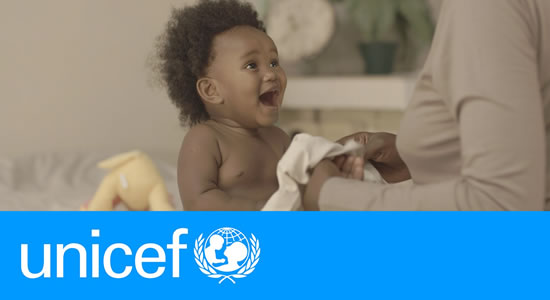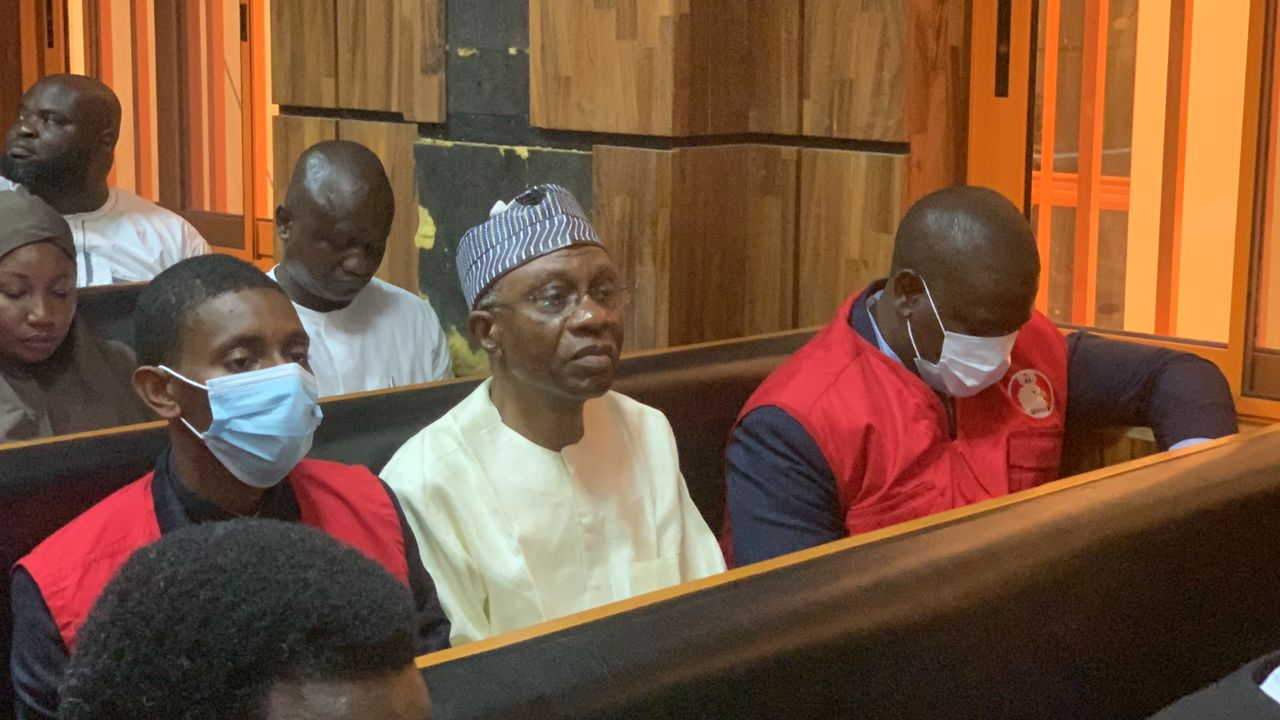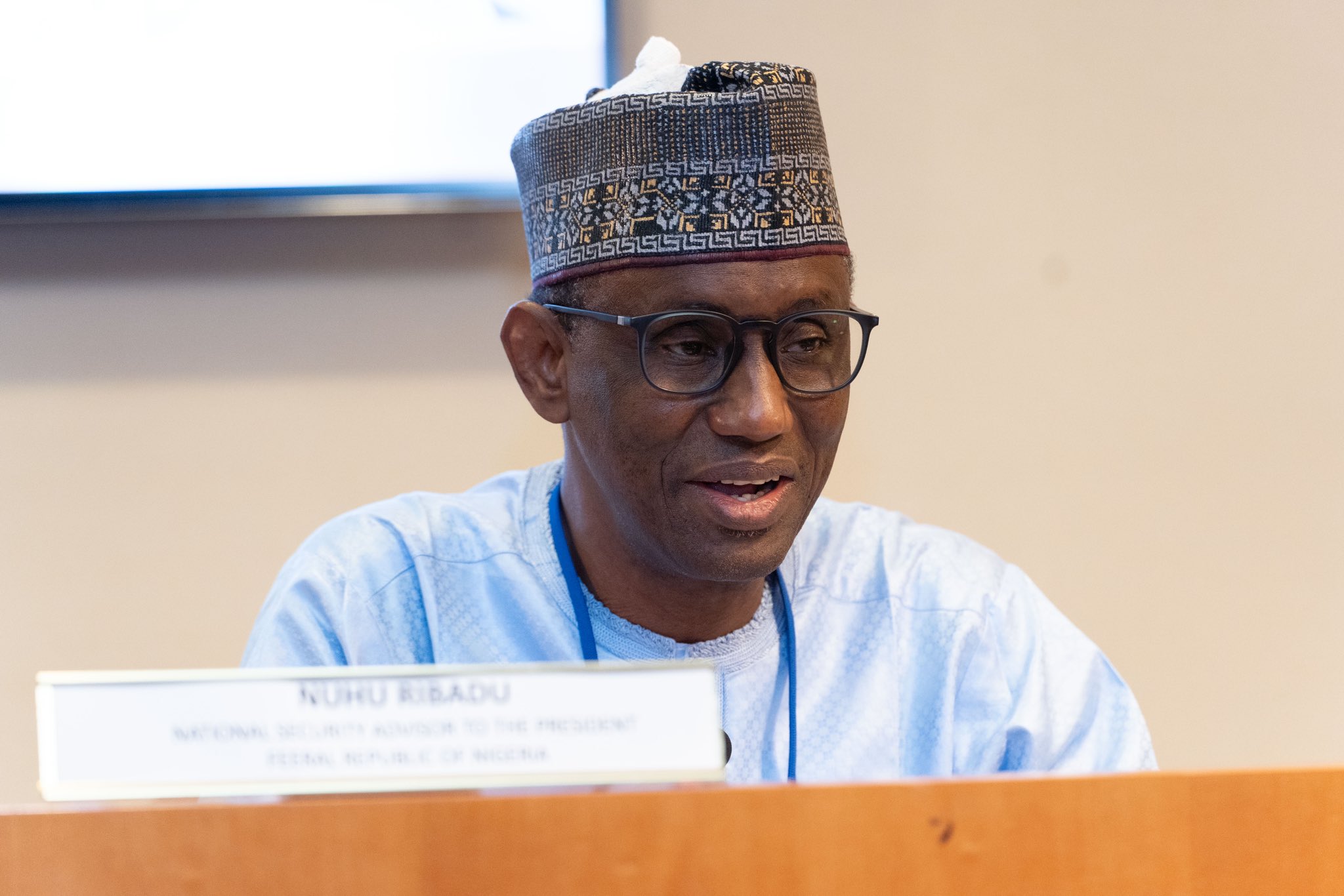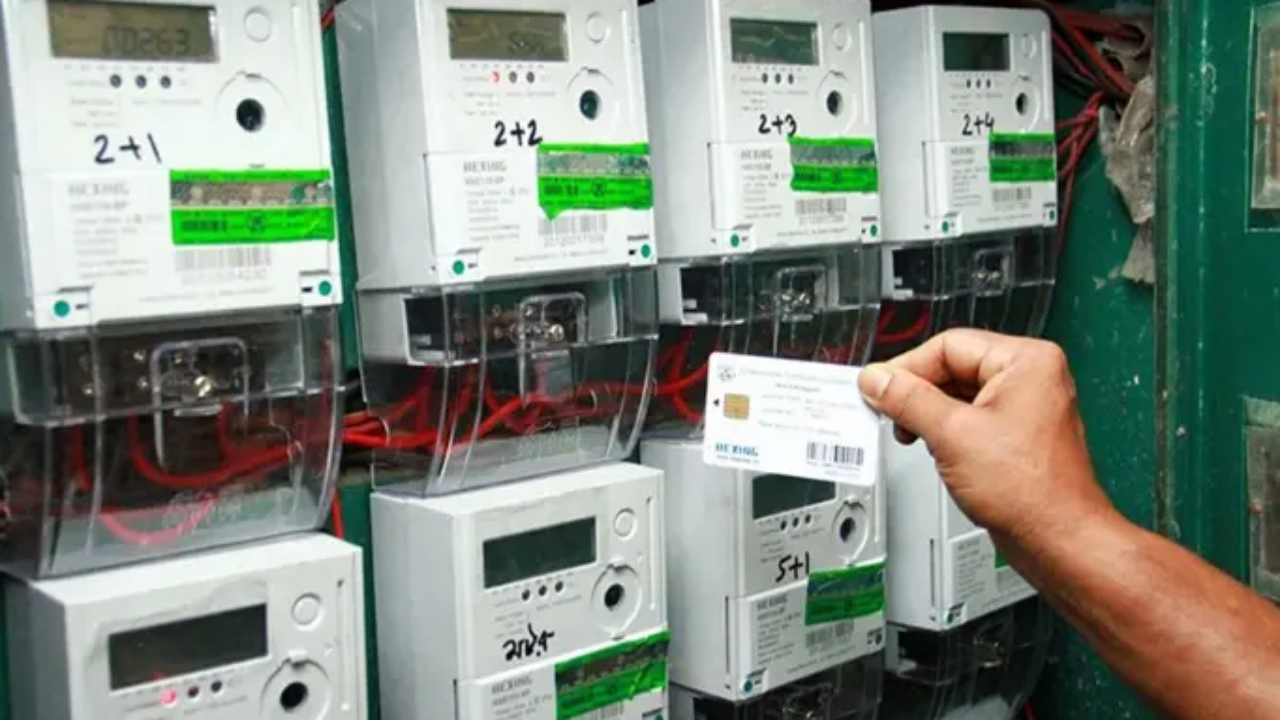As the Africa Vaccination Week commences, the United Nations Children’s Fund says Nigeria has made great strides in reducing deaths of under 5-year-old children from 158 to 120 per 1000 births between 2011 and 2016. A recent Multiple Indicator Cluster Survey conducted by the Government of Nigeria in 2016/17 shows that only 1 in 4 children in the country receives all the recommended vaccines.
It also said that during the same period, the coverage of the main vaccines offered through routine immunization has declined.
Immunization coverage for pentavalent vaccine* between the 36 states varies dramatically from 80% in Lagos to 3% in Sokoto and is still below the recommended global goal of 90% in all of them.
According to Mohamed Malick Fall, Representative of UNICEF Nigeria, “Children who have never been vaccinated are at the greatest risk of contracting diseases such as measles, whooping cough, and tetanus, which may be fatal or lead to long-term debilitating effects on survivors. Poverty, overcrowding, poor hygiene and sanitation as well as insufficient nutrition and healthcare increase the risk of diseases such as pneumonia and measles; diseases that are easily preventable with vaccines. All girls and boys, no matter where they live or what their situations are, have the right to survive and thrive, safe from deadly diseases,” said Mohamed Malick Fall.
The UNICEF Representative says “Vaccination acts as a shield, keeping families and communities safe. By vaccinating children, we are protecting the most vulnerable members of the communities.”
He advised Nigeria to save millions of lives by extending basic health services, like routine immunization, to the most vulnerable and disadvantaged children.
“In Nigeria, the Government has developed an ambitious 10-year national Immunisation and Primary Health Care Systems Strengthening Plan that aims to reverse the current negative trends. Immunization is one of the most powerful and most cost-effective health interventions,” said Representative Fall.
He added that UNICEF and its partners would continue to stand firm with the Government to ensure that the lives of children are protected.
Meanwhile, the National Primary Health care Development Agency says it would embark on intensive vaccination of children in hard to reach areas.





















